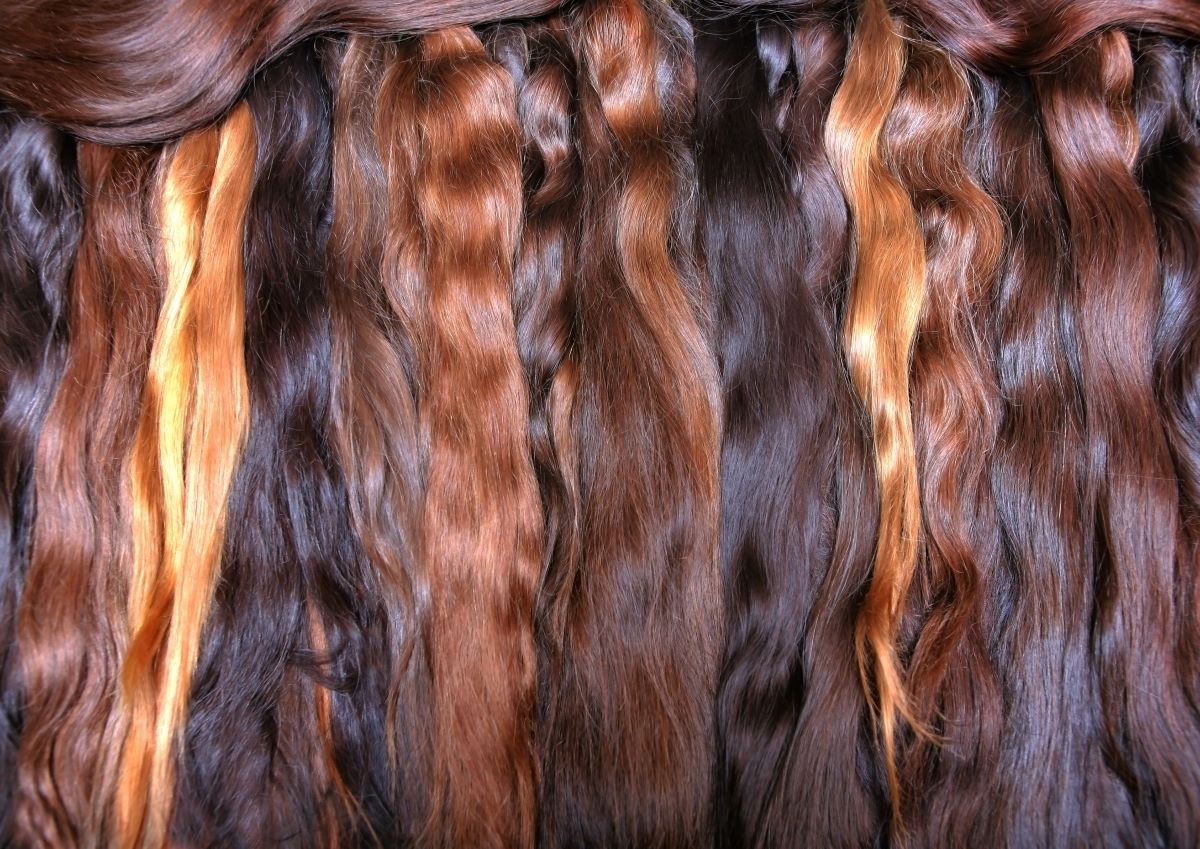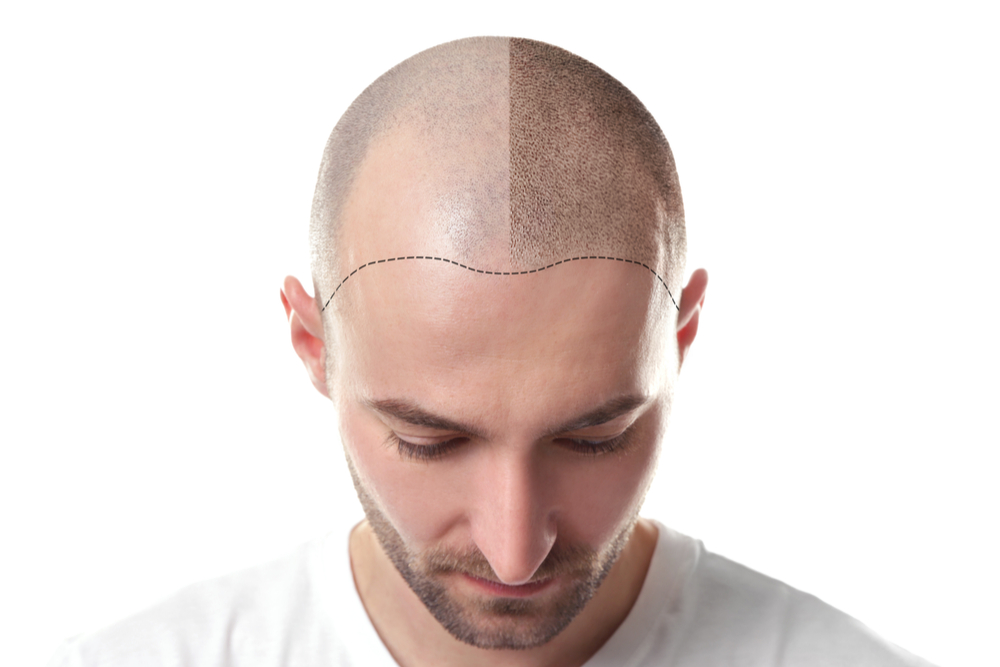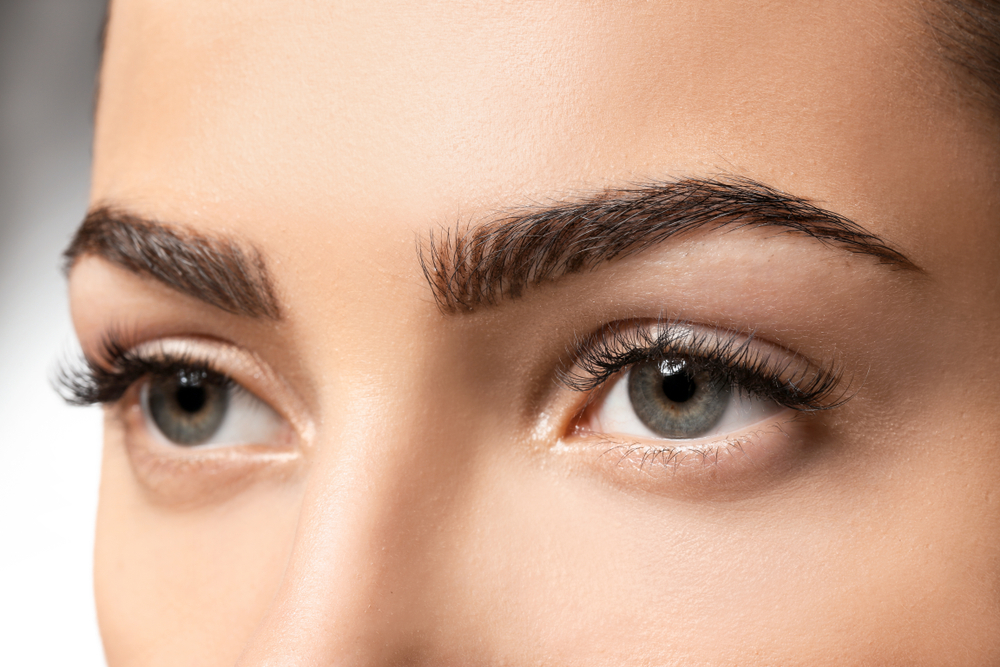Maybe it’s hereditary. Maybe there’s something in your life constantly bringing you stress. Maybe it’s…
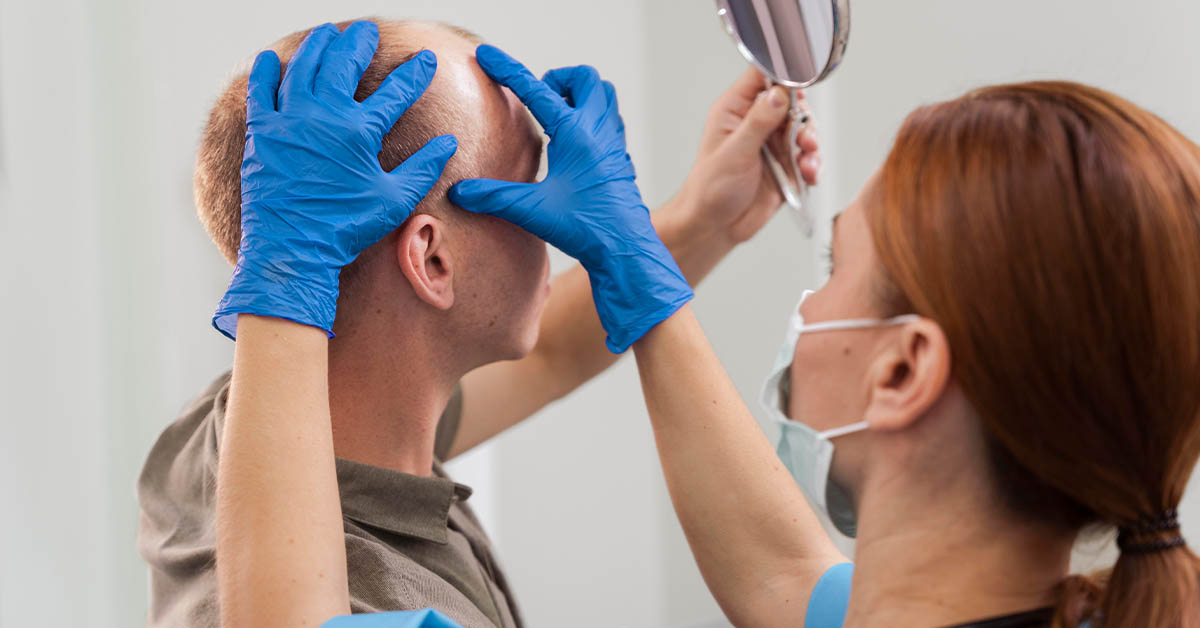
The Real Facts Behind Hair Transplant Myths
Are you losing more than 100 strands of hair each day? That may be a sign of excessive hair shedding, and when you lose more hair than you can replace, you will eventually start noticing signs of hair thinning and hair loss, such as bald patches and receding hairline.
Hair loss affects millions of people across the world, regardless of their age, gender, or ethnicity. Although it is a common phenomenon, it can have a profound impact on one’s self-esteem and overall well-being. In recent years, hair transplantation has become a popular treatment option for individuals looking to restore their hairline, look young, and regain their confidence.
Unfortunately, many myths and misconceptions surrounding hair transplantation can discourage people from seeking this beneficial treatment. We wanted to debunk some of the most common myths about hair transplants and provide accurate information to help you make informed decisions about your hair restoration options.
Don’t Believe These Hair Transplantation Myths
Myth 1: Hair transplants Are painful.
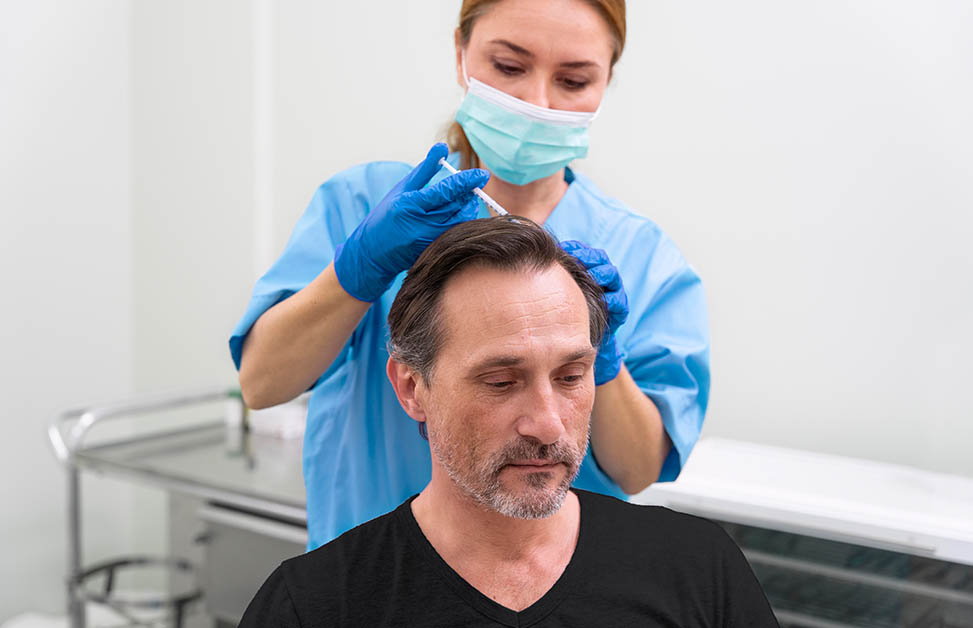 Fact: During the procedure, patients are given local anesthesia, which numbs the scalp and minimizes any discomfort or pain. Modern techniques such as the Follicular Unit Extraction (FUE) method are minimally invasive and cause little to no pain or scarring.
Fact: During the procedure, patients are given local anesthesia, which numbs the scalp and minimizes any discomfort or pain. Modern techniques such as the Follicular Unit Extraction (FUE) method are minimally invasive and cause little to no pain or scarring.
Patients may experience some mild discomfort or soreness after the procedure, but this can be managed with over-the-counter pain medications and typically subsides within a few days.
Myth 2: Hair transplants are for men only.
Fact: While more than 80% of hair transplants occur in men because of their nature to go bald, hair loss is not limited to men, and neither is hair transplantation. Women also experience hair loss, and they can benefit from hair transplantation just as much as men. While the causes of hair loss may differ between men and women, hair transplantation can be effective for both genders.
Myth 3: Hair transplantation is for young people only.
Fact: Hair transplants are not limited to young people. In fact, the procedure can be just as effective for older individuals who are experiencing hair loss. However, only individuals between the ages of 27 and 70 are medically approved to undergo the procedure. Age is not a determining factor for candidacy for hair transplantation, as long as the patient has sufficient healthy hair follicles to transplant.
Myth 4: Expect instant results with hair transplant.
Fact: Hair transplants are a gradual process, and patients should not expect immediate results. After the procedure, the transplanted hair follicles may fall out before new hair growth occurs. It can take several months to see visible hair growth, and it can take up to a year for the full results to become apparent.
Myth 5: Further treatment for hair loss is not required.
Fact: Getting a hair transplant will not cure hair loss. While the transplanted hair follicles are permanent, the patient’s natural hair may continue to thin over time. To maintain the results of hair transplantation, further treatment may be necessary, such as ointments, creams, oral tablets, and PRP injections.
Myth 6: Hair transplant results are only temporary.
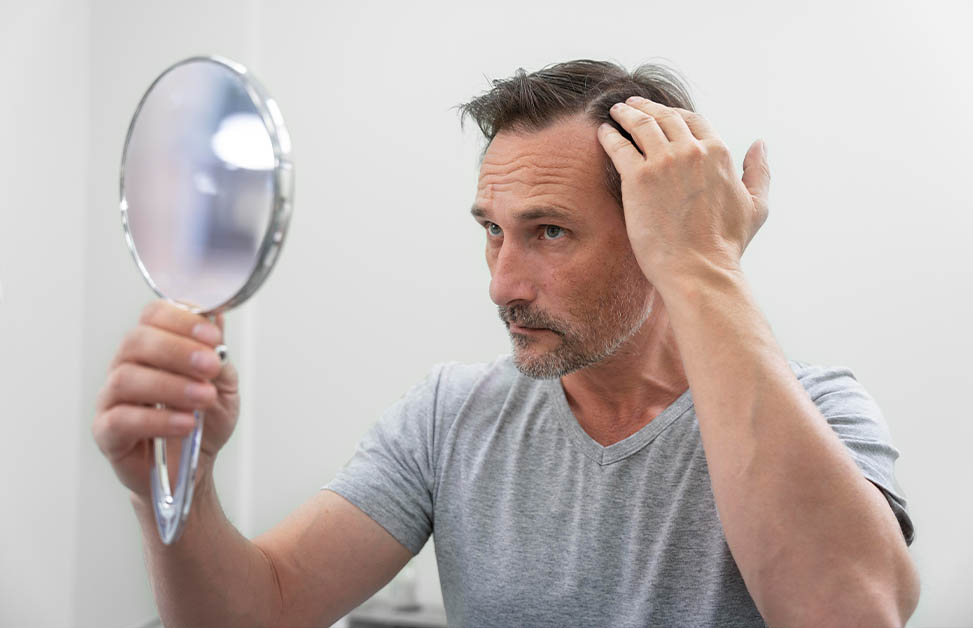 Fact: Contrary to popular belief, hair transplant results are almost permanent and last long. The transplanted hair follicles are taken from an area of the scalp where hair loss is less likely to occur, such as the back of the head. Once transplanted, these follicles continue to grow hair for the rest of the patient’s life.
Fact: Contrary to popular belief, hair transplant results are almost permanent and last long. The transplanted hair follicles are taken from an area of the scalp where hair loss is less likely to occur, such as the back of the head. Once transplanted, these follicles continue to grow hair for the rest of the patient’s life.
Myth 7: Hair transplant results look fake.
Fact: When performed by a skilled and experienced surgeon, hair transplantation can produce natural-looking results. The procedure has come a long way in recent years, and techniques have been developed to create a natural-looking hairline and overall appearance.
You also don’t need to worry about your appearance after your hair transplant. The transplanted hair follicles are in line with the natural hair and grafts for a more realistic look, so you don’t have to worry about your transplanted hair looking out of place when you cut, wash, and style it.
Myth 8: Hair is transplanted from someone else’s hair.
Fact: Hair transplantation involves taking healthy hair follicles from the patient’s own scalp and transplanting them to the area where hair loss has occurred. This means that the hair follicles are genetically identical to the patient’s own hair, making the transplanted hair blend seamlessly with the patient’s natural hair.
Myth 9: Hair transplants can bring side effects to the brain and eyes.
Fact: Hair transplants are minimally invasive surgical procedures that do not impact the brain in any way. In actuality, the surgery is performed on the upper portion of the scalp, so the underlying epidermis remains unaffected. As a result, the procedure does not pose any risk of damage to the brain or eyes.
Myth 10: Getting a hair transplant can cause too much blood loss.
Fact: You don’t need to worry about losing much blood during a hair transplant. With techniques like FUE, blood loss is minimal. You might see a bit of bleeding when the surgeon takes the hair from the donor area, but it’s nothing serious. Getting a hair transplant is typically a day-long procedure—you go in, get it done, and head back home on the same day.
Revive Your Youth With Hair Transplants From Vargas Face & Skin Center
Hair transplantation is a safe and effective solution for hair loss, and it is important to debunk the common myths and misconceptions surrounding the procedure. With the right surgeon and realistic expectations, hair transplantation can provide natural-looking results that boost your confidence and help you look young and feel your best.
At Vargas Face & Skin Center, we offer virtual and in-person consultations to determine the best hair transplant approach for your specific needs. Our team of experienced professionals uses the latest techniques and technology to ensure the best possible results. Rest assured that we will not take the whole night and you can return home the same day of your procedure.
Call us today at 913-381-4900 or contact our team for more information.

